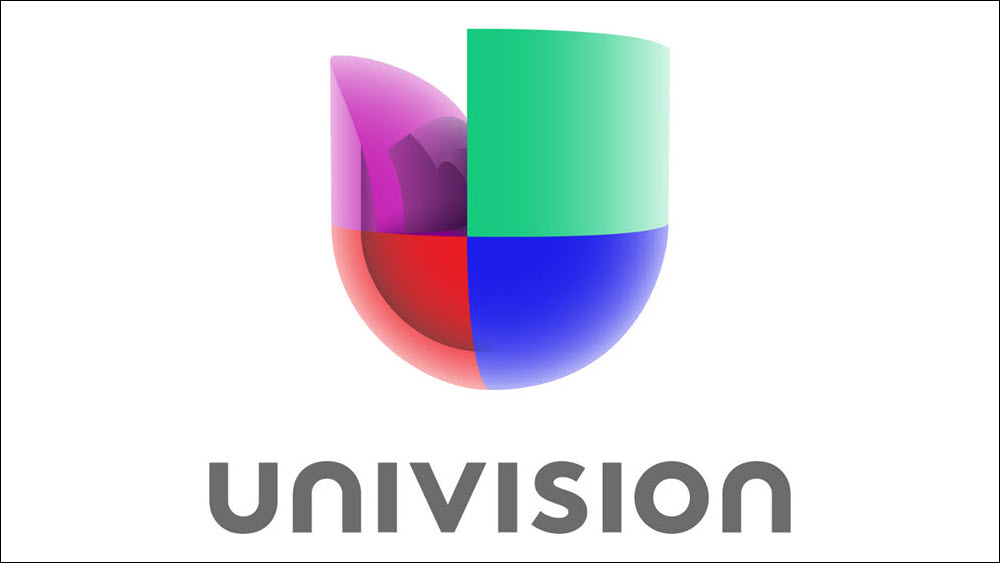Dish-Univision Spat Shows Cracks in Business Model
The smarter way to stay on top of the multichannel video marketplace. Sign up below.
You are now subscribed
Your newsletter sign-up was successful
Dish Network’s seven-month blackout of Univision Communications is hurting both sides of the contract dispute — and it isn’t even Dish’s only high-profile outage.

Deep into its second quarterly period without Univision’s slate of Spanish-language networks, Dish has had some of the worst subscriber losses in its history, a net subtraction of 384,000 in the fourth quarter versus 121,000 lost in the same period last year. Factor in a gain of about 50,000 Sling TV customers (less than one-third of the 160,000-subscriber prior year gain) and Dish lost 334,000 pay TV customers in the quarter.
The Q4 losses built on a decline of 367,000 satellite TV subscribers in Q3. For the full year, Dish lost 1.1 million satellite TV homes, finishing 2018 with 9.9 million satellite customers and 2.4 million Sling TV streaming video customers.
Dish also is missing HBO and Cinemax, services that came off its platforms on Nov. 1 in another failure to agree on a contract renewal.
Some Losses Are More Painful
MoffettNathanson principal and senior analyst Craig Moffett said the most alarming part wasn’t just that Dish’s subscriber base is in decline, but so are its financial results.
“Dish has plowed the cost savings from avoided programming expense into its Sling TV business,” Moffett wrote in a research note. “No doubt that has helped Sling’s subscriber numbers, but it’s a bad trade. Losing satellite subscribers carries a real cost. Sling customers, on the other hand, don’t make any money.”
The smarter way to stay on top of the multichannel video marketplace. Sign up below.
For Univision, being off of Dish’s platforms resulted in a 9% decline in revenue and a 34% drop in cash flow. That’s not good news for either side.
Both Dish and Univision have tried to be as upbeat about the situation as possible. Dish said that the customers that would be most upset by the loss of the Univision content have left the satellite service already. Univision said it continues to try to hammer out a deal with Dish to no avail.
“We continue to have discussions with Dish,” Univision CEO Vincent Sadusky said. “It’s clear that not doing a deal is harmful to both companies. It’s just down to a matter of value.”
Sadusky pointed to Univision’s ratings resurgence: It has seen increases in primetime ratings in all key demographics at a time when all of the other major networks declined. That ratings rebound is expected to continue in 2019 as the programmer shifts its content focus from a lineup heavy on telenovelas to more live news, sports and scripted programming.
Sadusky believes that Dish has “made a mistake by undervaluing Hispanic America,” a growing force in the population as well as in the TV business.
Dish chairman Charlie Ergen believes he has a card up his sleeve, too. On a Feb. 13 conference call with analysts, he said Dish should target Spanish-language package customers, highlighting the cost savings they would get in those packages without Univision content: as much as $10 to $15 per month.
“We have to take advantage of that because in some markets we are the only major provider that is in that situation today,” Ergen said.
Dish attributed about half of its losses in the period — about 200,000 subscribers — to the Univision and HBO blackouts, with the bulk likely tied to the loss of Univision’s soccer-heavy sports network, Univision Deportes, in November.
‘GoT’ Finale Is Coming
Now Dish has to worry about the HBO dispute dragging out, especially since its wildly popular series Game of Thrones will air its final season on April 14. Ergen said he expects Dish subscriber losses to tick up as that premiere approaches.
Outside factors complicate things between Dish and HBO. Dish has said HBO’s parent, AT&T-owned WarnerMedia, is insisting on unfavorable terms because Dish platforms are potential competitors to the new direct-to-consumer streaming service AT&T plans for later in the year. HBO has vehemently denied that argument.
Moffett sees another potential reason for Dish’s stance.
“Dish is signaling with the Univision and HBO disputes that the very value proposition of selling content to consumers at a markup is no longer working for them,” Moffett wrote. “Programmers need a steady stream of affiliate-fee increases to pay for content creation and acquisition. Dish, meanwhile, is finding less programming that is worth paying for. The business model is, in other words, unraveling.”
